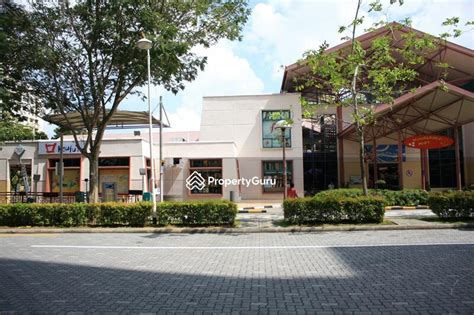Introduction

Food poisoning is a common illness that affects millions of people each year. It is caused by eating contaminated food or water, and can range from mild to severe. Symptoms of food poisoning can include nausea, vomiting, diarrhea, abdominal pain, and fever.
While there is no cure for food poisoning, there are a number of things you can do to relieve symptoms and speed up recovery. One important step is to eat the right foods and drinks.
What to Eat During Food Poisoning
The best foods to eat during food poisoning are bland, easy-to-digest foods that will help to soothe your stomach. These include:
- Crackers
- Rice
- Bananas
- Applesauce
- Oatmeal
- Yogurt
- Clear broth
- Pedialyte
- Ginger ale
- Popsicles
You should also avoid eating foods that are high in fat, fiber, or sugar, as these can worsen symptoms.
What to Drink During Food Poisoning
It is important to stay hydrated during food poisoning. The best drinks to drink include:
- Water
- Clear broth
- Pedialyte
- Ginger ale
- Popsicles
You should avoid drinking alcohol or caffeine, as these can dehydrate you.
How Long to Follow the Food Poisoning Diet
The length of time you need to follow the food poisoning diet will depend on the severity of your symptoms. If your symptoms are mild, you may only need to follow the diet for a few days. However, if your symptoms are more severe, you may need to follow the diet for up to a week.
When to See a Doctor
In most cases, food poisoning will resolve on its own within a few days. However, if your symptoms are severe or do not improve after a few days, you should see a doctor. Symptoms that warrant medical attention include:
- Vomiting that lasts for more than 24 hours
- Diarrhea that lasts for more than 3 days
- Fever that is higher than 101 degrees Fahrenheit
- Severe abdominal pain
- Blood in your vomit or stool
Conclusion
Food poisoning can be a very unpleasant illness. However, by following the right diet, you can help to relieve symptoms and speed up recovery.
Tables
| Food | Benefits |
|---|---|
| Crackers | Bland and easy to digest |
| Rice | Good source of carbohydrates and electrolytes |
| Bananas | High in potassium, which can help to replace electrolytes lost through diarrhea |
| Applesauce | Bland and easy to digest, also a good source of fiber |
| Oatmeal | Rich in soluble fiber, which can help to absorb toxins and reduce diarrhea |
| Yogurt | Contains probiotics, which can help to restore the balance of good bacteria in your gut |
| Clear broth | Hydrating and easy to digest |
| Pedialyte | Sports drink that contains electrolytes and can help to prevent dehydration |
| Ginger ale | Can help to relieve nausea and vomiting |
| Popsicles | Hydrating and can help to soothe a sore throat |
| Drink | Benefits |
|---|---|
| Water | Essential for hydration |
| Clear broth | Hydrating and easy to digest |
| Pedialyte | Sports drink that contains electrolytes and can help to prevent dehydration |
| Ginger ale | Can help to relieve nausea and vomiting |
| Popsicles | Hydrating and can help to soothe a sore throat |
| Symptom | When to see a doctor |
|---|---|
| Vomiting that lasts for more than 24 hours | Yes |
| Diarrhea that lasts for more than 3 days | Yes |
| Fever that is higher than 101 degrees Fahrenheit | Yes |
| Severe abdominal pain | Yes |
| Blood in your vomit or stool | Yes |












